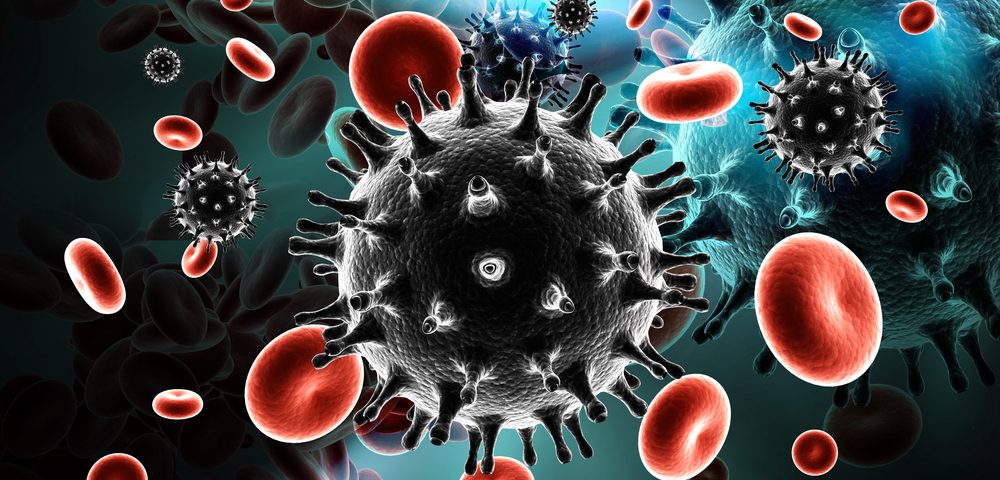Researchers may be one step closer to curing chronic viral infections, such as those caused by HIV and Epstein-Barr virus (EBV), an achievement that would directly affect incidences of lymphoma, since both these viruses are associated with the development of this cancer.
The study, “CXCR5+ follicular cytotoxic T cells control viral infection in B cell follicles,” was published in Nature Immunology.
Although treatments for HIV with antiretroviral drugs are highly effective, patients need to take the drugs throughout their lives because they are not a cure. The human immunodeficiency virus (HIV) is known for its ability to effectively hide from the immune surveillance and establish a persistent reservoir in certain types of cells, called follicular helper T-cells (TFH cells). EBV, conversely, which is mostly known for causing mononucleosis, persists in B-cells.
The researchers found that killer T-cells can identify both the TFH and B-cells that function as viral reservoirs, and effectively destroy them.
“We’ve shown for the first time that there are specialised killer T cells that can migrate into a part of the lymphoid tissue and control hidden infection,” Dr. Di Yu, with the Monash Biomedicine Discovery Institute, said in a press release.
Although the specialized killer T-cells, called follicular cytotoxic T-cells, are naturally found in the body during infection, their number and activity need to be increased for them to attack and eliminate chronic infections. Injecting high numbers of these cells into mice infected with lymphocytic choriomeningitis virus (LCMV), which shares common characteristics with HIV, revealed that the follicular cytotoxic T-cells were able to effectively reduce the number of infected cells.
“The potential of this discovery is huge. It helps us to understand how we may be able to treat diseases that affect the immune system itself, such as HIV or B cell lymphoma,” said Dr. Axel Kallies, a fellow lead researcher on the study from the Walter and Eliza Hall Institute.
The researchers believe that there are a number of ways in which these findings can be translated into treatments for patients with chronic infections. “We could potentially transfer these specialised super potent killer T cells into patients, or we could treat patients with proteins that can drag these specialised killer T-cells into the right spots, specifically to the hot spots where HIV can hide on antiviral treatment,” said Professor Sharon Lewin, director of the Peter Doherty Institute for Infection and Immunity, a joint venture of the University of Melbourne and Royal Melbourne Hospital, and a study co-author.
Future clinical trials for these treatments are expected within the next five years, added Yu.


